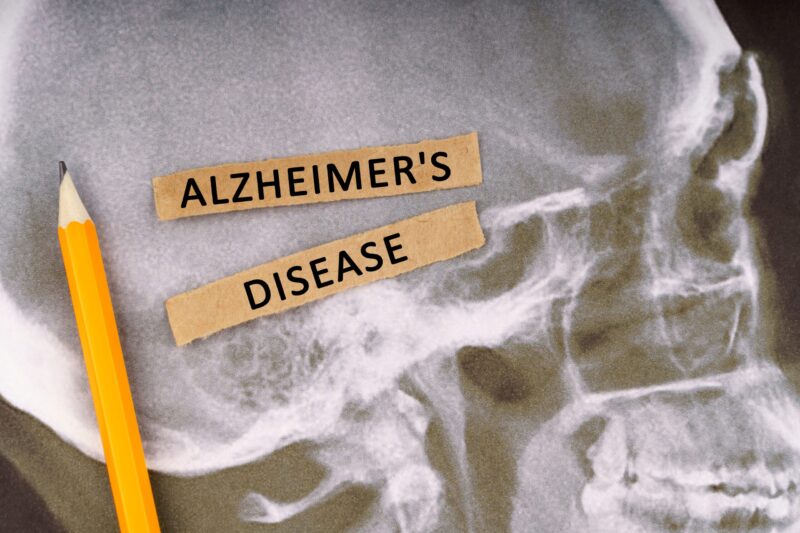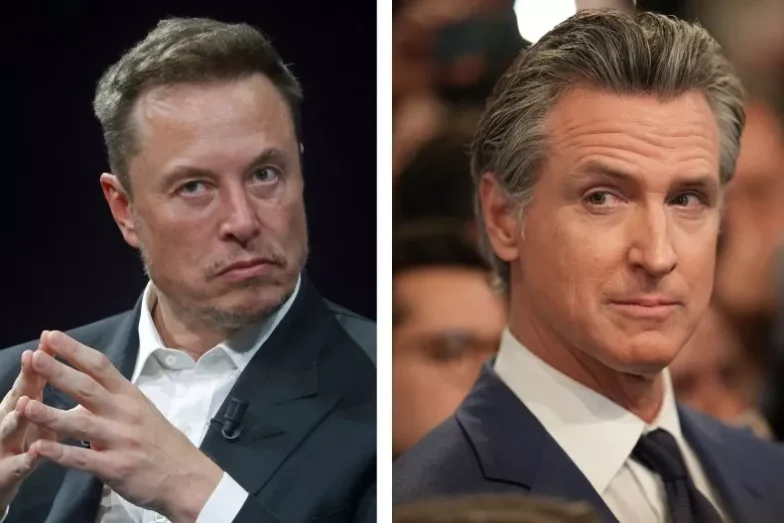Welcome to The Modern Memo — where our readers don’t come for fluff, filters, or focus-grouped headlines. They come for the truth.
We don’t spin. We don’t censor. And we don’t dance around the narrative — we swing a machete straight through it.
If it matters to America, we cover it — raw, real, and relentlessly honest.
AI Deepfake Ruling a Major Win for Elon Musk’s X Platform
A federal court has struck down an unconstitutional California law that limited free speech by controlling the use of AI-generated “deepfake” videos during elections. The law is one of the strictest in the United States. Elon Musk and his platform, X, joined the lawsuit to challenge the law and scored a major victory with this decision.
However, the judge avoided ruling directly on free speech claims. Instead, he based his decision on Section 230 of the federal Communications Decency Act. This act protects online platforms from being held responsible for what their users post.
What Was the Law About?
In direct conflict with the First Amendment, the law signed by California Governor Gavin Newsom in 2024 aimed to block social media platforms from hosting AI-generated videos featuring politicians or public figures.
Newsom pushed for the legislation after Elon Musk shared a viral AI video of then-Vice President Kamala Harris. She was portrayed as saying she was the “ultimate diversity hire.” Newsom said the video “should be illegal” and said he would sign a bill “in a matter of weeks to make sure it is.” (RELATED: Trump Dismisses Rumors of Targeting Elon Musk’s Companies, Calls for American Business to “Thrive Like Never Before”)
Manipulating a voice in an “ad” like this one should be illegal.
I’ll be signing a bill in a matter of weeks to make sure it is. pic.twitter.com/NuqOETkwTI
— Gavin Newsom (@GavinNewsom) July 29, 2024
Why Was the Law Challenged in Court?
The law gave the government too much control over what people could post online. It was designed to punish parody, comedy, and political satire—all forms of speech protected under the First Amendment.
Those who challenged the law included:
- Christopher Kohls, the video creator who posted the Kamala Harris deepfake
- Elon Musk’s X platform, in a 65-page lawsuit, said the law targeted free expression
- The Babylon Bee, a conservative comedy and satire site
- Rumble, a video-sharing platform that competes with YouTube
The plaintiffs argued that the law would:
- Discourage parody or humor about politicians
- Pressure platforms to over-censor content
- Violate the First Amendment by favoring some views over others
Musk described the law as an attempt to “make parody illegal,” and said it would lead to unnecessary censorship.
You’re not gonna believe this, but @GavinNewsom just announced that he signed a LAW to make parody illegal, based on this video 🤣🤣 https://t.co/bdykNuxe6G
— Elon Musk (@elonmusk) September 18, 2024
What Did the Judge Say?
On Tuesday, Federal Judge John Mendez struck down the law. According to Politico, Mendez said that platforms hosting deepfakes, “don’t have anything to do with these videos that the state is objecting to,” and that Section 230 releases them from liability.
This ruling means the state cannot force platforms to remove deepfakes simply because they are politically misleading.
Free Speech Question Left Unanswered—Or Is It?
Even though the case was largely about First Amendment rights, Mendez did not rule on that issue. He said it was not necessary because the law already failed under Section 230.
“I’m simply not reaching that issue,” he told the lawyers during the hearing. (RELATED: So-Called ‘Equality Act’ Could Undo Free Speech, Mandate Murder Of Unborn Children, Make Pedophiles A ‘Protected Class’)
BUT this ruling is still a major victory for free speech advocates everywhere. In a free society, government officials don’t police political speech—especially during election season, when open debate matters most. The Constitution protects the First Amendment. It’s not a privilege granted by politicians.
Final Thoughts
This case isn’t just about deepfakes. It’s about who controls the narrative. The California government—from the governor down—tried to silence speech they didn’t like. They hid behind AI fears and “disinformation panic.” Judge Mendez saw through it. And free speech won.
Let’s be clear: the law was never about protecting voters from disinformation. It was about protecting politicians. This bill was designed from the beginning to shut down criticism and uncomfortable truths in the name of “election integrity.” That is NOT what freedom is about. That is tyranny in disguise.
If free speech is so easily discarded every time a politician doesn’t like a joke, a meme, or an article—like this one—then we don’t have a republic. We have a regime.
Make no mistake. This ruling draws a line in the sand. It tells every governor, state legislature, every activist dreaming of being the thought police: you don’t get to dictate what Americans say, share, or criticize online.
The PEOPLE hold the government accountable—even when it’s inconvenient. Especially when it’s inconvenient.
The battle over AI is just beginning. While AI technology poses new risks, lawmakers will need to find ways to address those risks without infringing on constitutional rights. This ruling shows that broad, sweeping restrictions won’t survive in court.
Other states that have or are considering similar laws will do well to remember this ruling. The Constitution isn’t optional. Protecting elections is important, but you can’t legislate your way around the First Amendment.
Cut through the noise. Drown out the spin. Deliver the truth.
At The Modern Memo, we’re not here to soften the blow — we’re here to land it. The media plays defense for the powerful. We don’t.
If you’re done with censorship, half-truths, and gaslighting headlines, pass this on. Expose the stories they bury.
This isn’t just news — it’s a fight for reality. And it doesn’t work without you.


